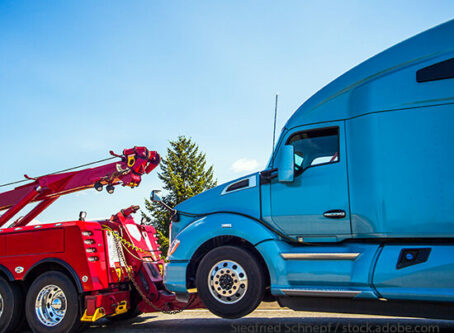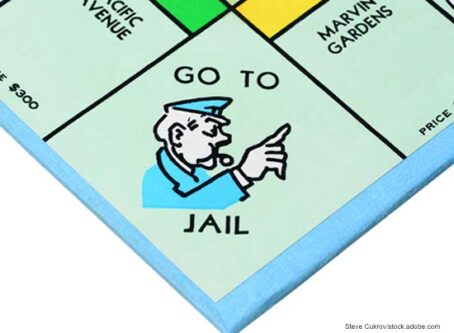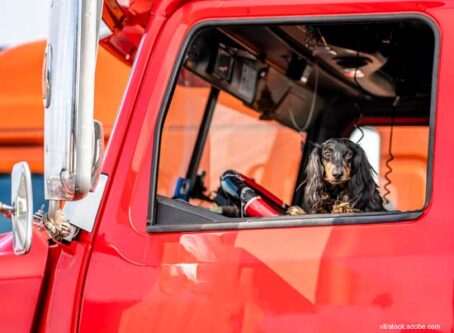Truckers not paying their share?
Professional drivers have long heard people not familiar with the trucking industry claim that truckers are not paying enough for the damage they do to roads.
The misconception that truck drivers are “getting off easy” when it comes to taxes and fees has once again reared its head, this time in Missouri.
A 23-member task force of Show-Me State officials and private citizens has come up with a list of transportation funding recommendations to submit to the General Assembly by Jan. 1.
Rep. Kevin Corlew, R-Kansas City, chairs the 21st Century Missouri Transportation System Task Force. Among the recommendations prepared by his group is a fuel tax increase. Specifically recommended is an increase of 10 cents for gas and 12 cents for diesel.
Estimates have the tax increases raising $430 million annually for roads and bridges.
Rep. Bill Reiboldt, R-Neosho, serves on the task force. He told Missourinet.com that professional drivers understand what they are doing to the infrastructure and are willing to pay.
“Obviously they do most of the damage on the roads, to the roads, and they’re good with raising the fuel tax on diesel to perhaps 12 (additional cents),” Reiboldt is quoted in the article.
Reiboldt’s comment is misleading.
Truck groups in the state support efforts to raise revenue for transportation work. The Owner-Operator Independent Drivers Association and the Missouri Trucking Association, however, want any tax rate increase to apply evenly.
Corlew’s committee is not recommending identical fuel tax rate increases.
In a Dec. 20 letter to the committee chairman, OOIDA wrote in support of “reasonable increases in fuel taxes as long as the revenue is used to address the state’s transportation infrastructure needs.”
Mike Matousek, OOIDA director of government affairs, wrote “we also believe adjusting the state gas and diesel tax is the most equitable and efficient way to generate additional funds. However, any potential increase needs to apply equally to both gas and diesel.”
Furthermore, he said that truckers already pay more in state and federal transportation-related taxes. To support his point, he provided Corlew with real numbers.
“For example, let’s assume the distance between Kansas City and St. Louis on I-70 is 250 miles:
- “Averaging roughly 20 miles per gallon, a personal automobile would consume 12.5 gallons of gas and pay $2.13 in state excise taxes. Averaging roughly 5 miles per gallon, tractor-trailers would consume 50 gallons of diesel and pay $8.50 in state excise taxes. In other words: Tractor-trailers would pay four times as much in state excise taxes.
- “Factoring in federal gas and diesel taxes, personal automobiles would pay an additional $2.25 and tractor-trailers an additional $12.
- “Combined, personal automobiles would pay $4.38 and tractor-trailers would pay $20.50. In other words: Tractor-trailers would pay nearly five times as much in state and federal excise taxes.
“It is also important to consider other taxes that tractor-trailers pay that do not apply to personal automobiles, such as International Registration Plan taxes (apportioned at $1,050 annually in Missouri), the Heavy-Vehicle Use Tax ($550 annually), Unified Carrier Registration taxes ($76 annually), and a 12 percent federal excise tax on the purchase of new tractors, trailers, and tires.
“Using IRP taxes alone, this revenue is equivalent to the taxes on the purchase of 6,176 gallons of diesel ($1,050 IRP/17 cents tax per gallon = 6,176 gallons of diesel). Again, tractor-trailers already pay more. Taxing diesel more than gas is either misguided, punitive or both.”
The information provided by OOIDA should help educate Corlew and other decision-makers who think truckers are getting off easy. And finally, the information provided removes any future claim that they were ignorant on the issue.









